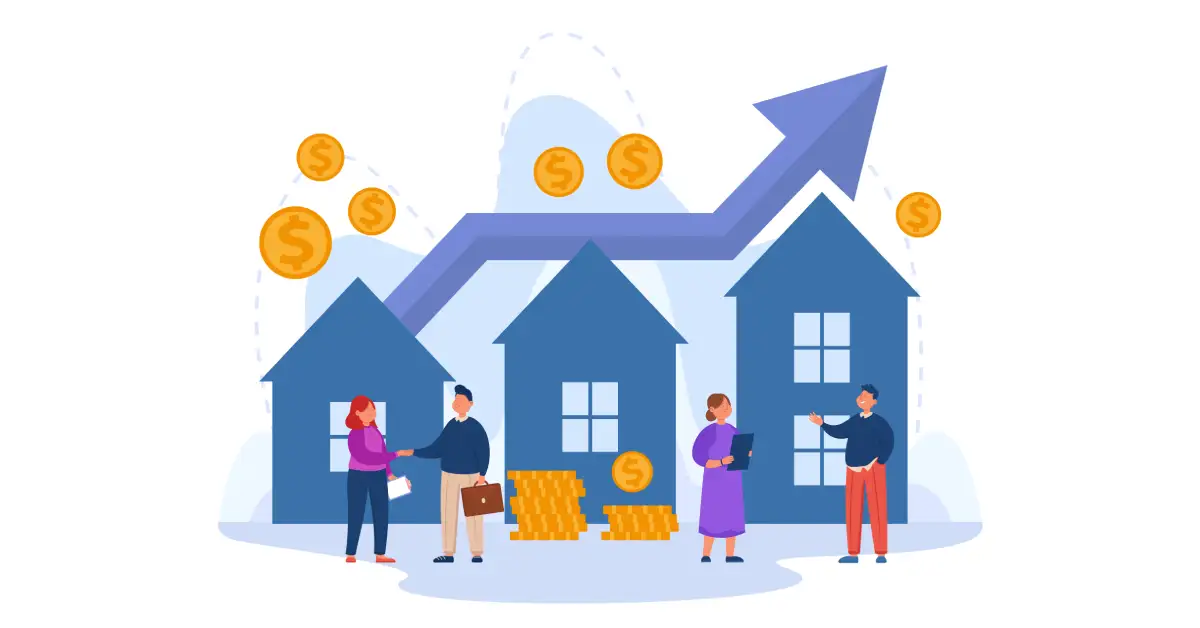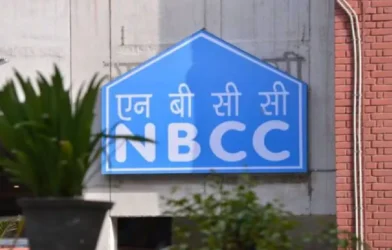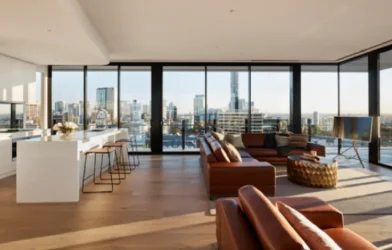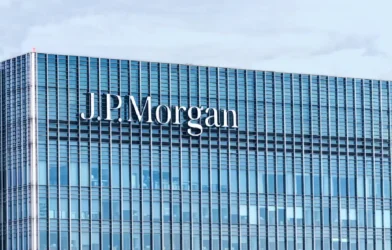Subtotal ₹0.00
India’s housing market is heading into a sharper price spiral than earlier anticipated, fuelled by demand from wealthy buyers even as millions of urban residents are priced out.
A Reuters poll of property experts projects home prices to climb faster in 2025 and 2026 than previously forecast, while a worsening shortage of affordable housing is pushing more people into costly rentals — deepening the divide between the booming top end of the market and the struggling majority.
The poll found that average home prices, which have more than doubled over the past decade, are projected to rise 6.3 per cent in 2025 and 7 per cent in 2026, after an estimated 4 per cent increase in 2024. The survey of 20 analysts was conducted between August 14 and September 12.
This forecast is higher than the 6 per cent and 5 per cent increases predicted in June and largely reflects housing trends in major Indian cities.
India’s fast economic growth — 7.8 per cent in the last quarter — has not translated into wider income gains. Experts said that well-paying jobs remain concentrated in a few cities, while wages for many workers have stagnated, pushing home ownership out of reach.
“The current problem is strong macro numbers have not benefited the population at the lower side of the pyramid and they are at a disadvantage,” said Ajay Sharma, managing director of Valuation Services at Colliers. “Their disposable incomes have stagnated.”
As a result, many urban residents are unable to purchase homes and are being pushed toward rentals, he added. “As affordability in both core and suburban areas are on the decline, more people are renting – and as more people rent, rentals have gone up.”
Median forecasts from the poll showed average urban rents are set to rise by 5 per cent to 8 per cent over the next year, outpacing consumer inflation.
However, experts were split on whether affordability for first-time buyers would improve. Out of 19 analysts, 10 expected it to get better, while nine said it would worsen — a sharp reversal from June when most expected affordability to improve.
The Reserve Bank of India (RBI) has cut its key interest rate by 100 basis points to 5.50 per cent this year. But analysts said monetary easing has done little to improve affordability.
India faces an estimated deficit of 10 million affordable homes, a shortfall Knight Frank projects could triple by 2030. Experts warn the growing inequality in housing could have long-term effects.
Pankaj Kapoor of Liases Foras said, “Post-financialisation in real estate, we have not improved affordability. We have worsened it to the point where the qualifying age to purchase a property has risen from around 30 to 40 years to 45 years old.”
He added, “Crony capitalism starts with land ownership. So how can cities, where the rich control the land, create affordable housing? That’s why housing doesn’t give you choices — it gives you frustrated options.”














